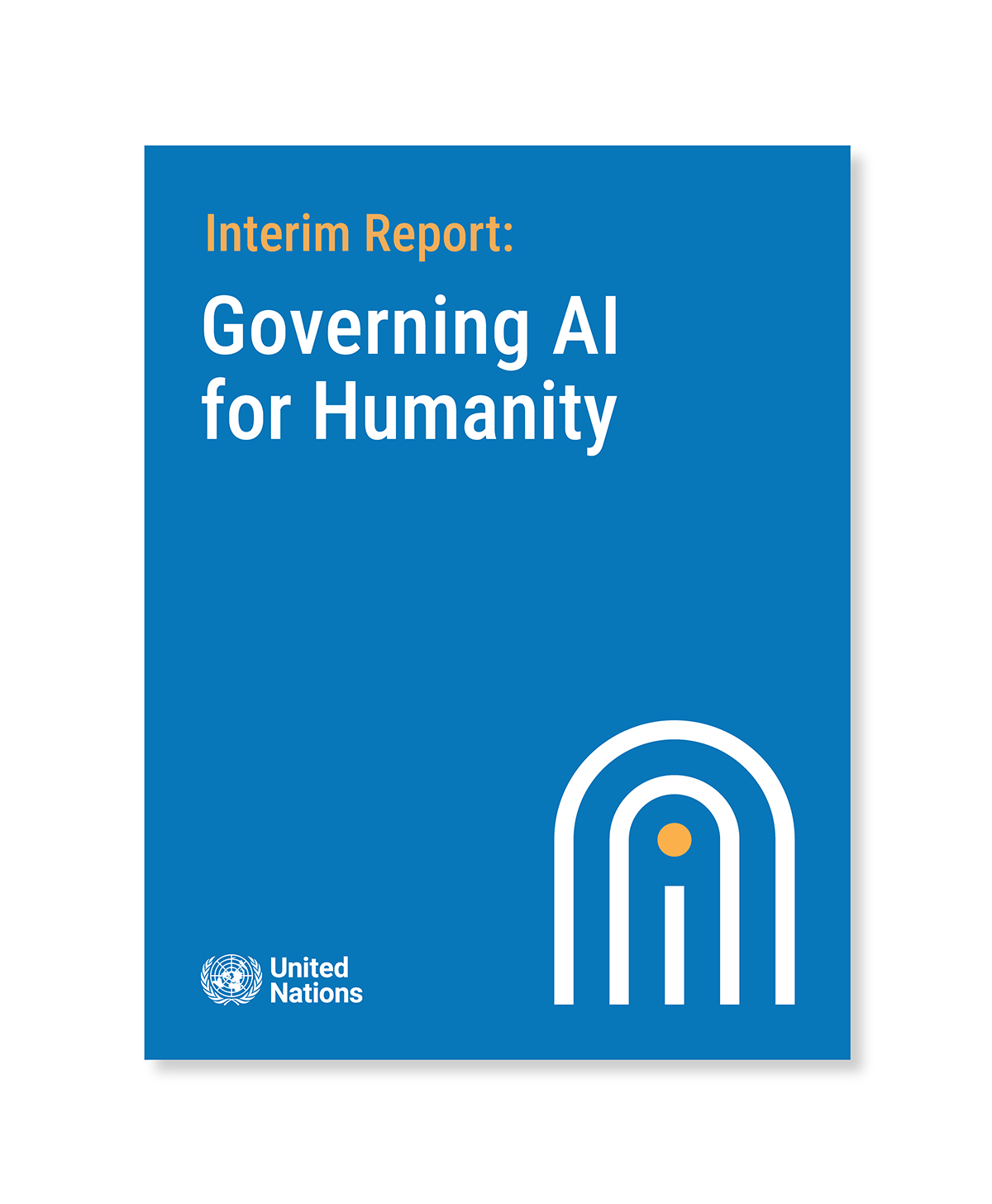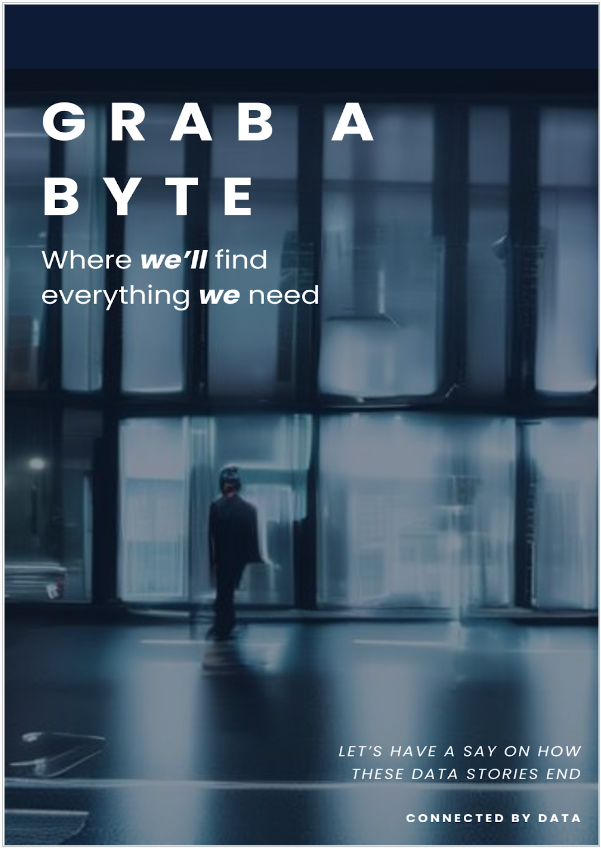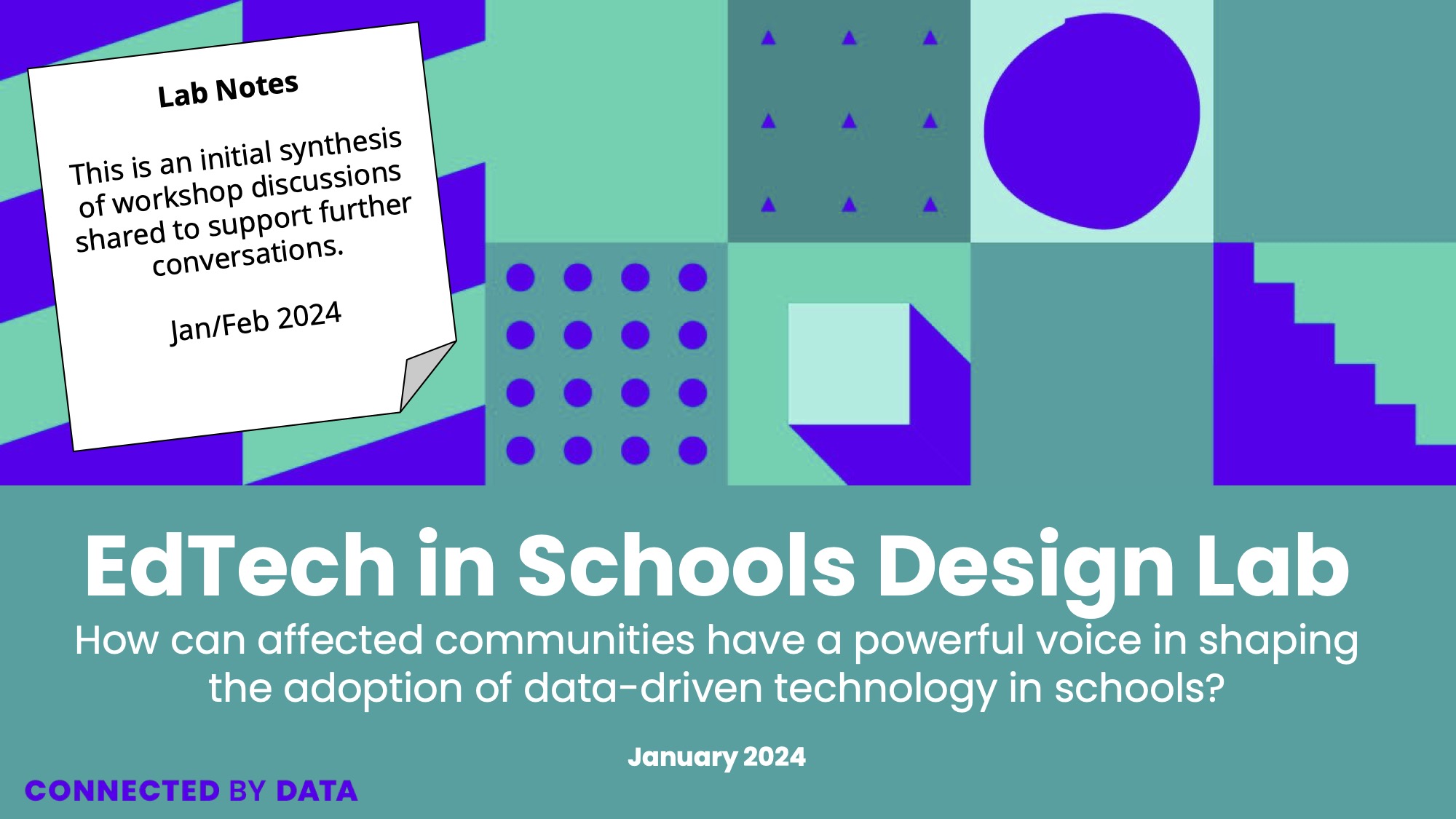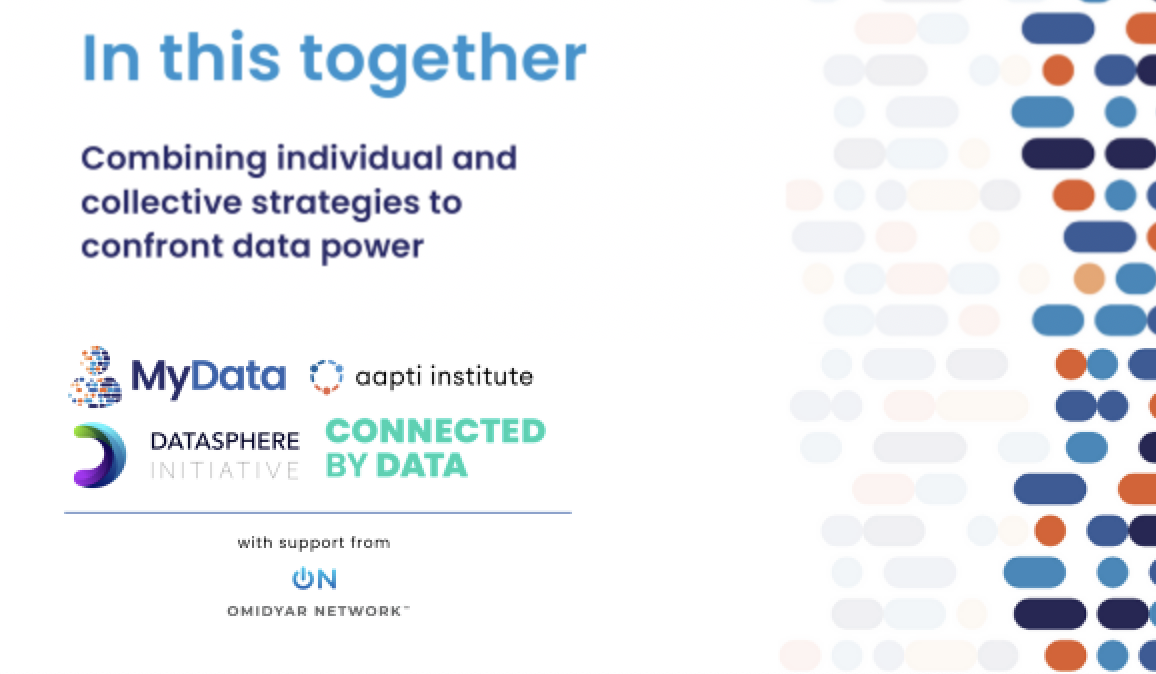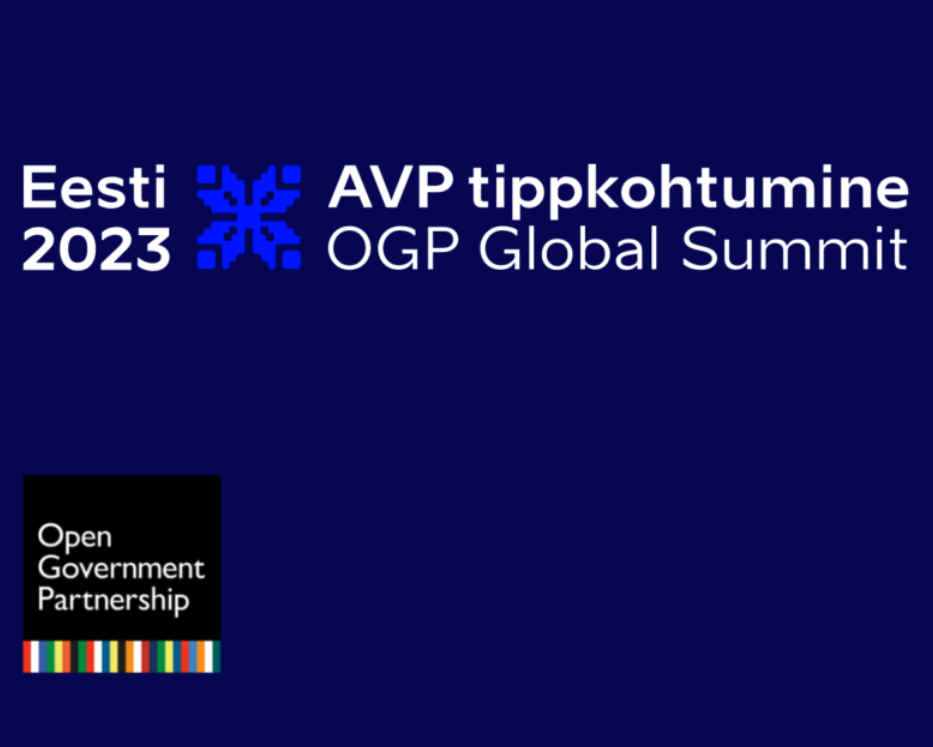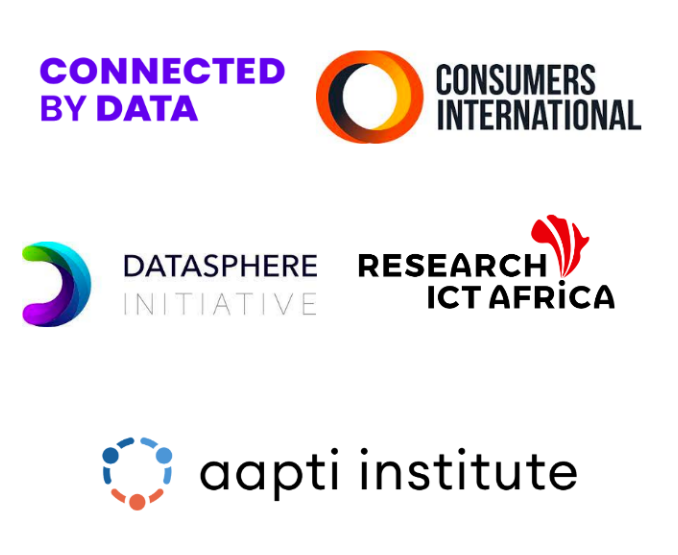Growing Data Governance Communities
Facilitating collaboration between thinkers and practitioners


Many different groups around the world are coming to realise the value of collective and participatory data governance. There are strong academic research groups, for example those based at Tilburg University, University of Vienna, and the University of Sheffield. There are excellent think tanks, including the Aapti Institute, Open Data Institute, Ada Lovelace Institute and Research ICT Africa. And there are practitioners embedded within data holders (such as the UK’s National Health Service), working with communities (such as around Open Environmental Data) and operating as consultants (such as Involve or IpsosUK).
There is a huge opportunity for these groups to learn from each other, and to together develop shared resources that are useful for everyone. Our goal with this project is to help that happen. We want to:
- make connections between different stakeholders that lead to successful collaborations and partnerships
- co-develop common language, policies and toolkits that are adopted by those who are advocating for, designing and implementing collective and participatory data governance laws and practices
- facilitate sharing and learning across stakeholder types that increases the quality and novelty of their work
The Omidyar Network is supporting two strands of activity towards this community-building and community-shaping, over 18 months between May 2023 and October 2024:
- Networking: ongoing activities focused on developing connections between different actors working in the space. These include shared online spaces; newsletters and mailing lists; and monthly informal curated events focused on information sharing and discussion (including our Connected Conversations)
- Design Labs: intensive, in-person, output-oriented workshops, bringing together experts to explore specific challenges around our three strands of activity – on narrative, practice, and policy – followed by collaborative work to refine and polish that output into a useful common resource.
Resources
In January the UN Secretary-General’s AI Advisory Body launched its Interim Report: Governing AI for Humanity and invited feedback to support drafting of the final report.
We produced this consultation response, focussing on the need for institutional arrangements that can implement the report’s first guiding principle: AI that is “governed inclusively, by and for the benefit of all”.
This story was produced drawing from the brainstorming ideas generated by the participants of our interactive session “Data to the people: reflecting on participation and inclusion in AI uses for healthcare”, held at the “Beyond Data Protection Conference: Regulating Information and Protection against Risks of the Digital Society,” in September 2023.
Our special thanks to all the brilliant participants who actively engaged in our session.
This is a work of fiction. Characters, businesses, places, and incidents are either the products of the authors’ imaginations or used in a fictitious manner.
How can affected communities have a powerful voice in shaping the adoption of data-driven technology in schools?
We brought together 17 participants for two online workshop sessions in January 2024 to explore:
- the growing use of data-driven educational technologies (EdTech) in UK schools;
- challenges around who has, and who does not, have a say in EdTech adoption;
- possible approaches to give affected communities a more powerful voice in EdTech decision making.
Participants included teachers and school counselors, teaching union representatives, and education researchers. Sessions were designed with support from Defend Digital Me.
This is an initial synthesis of workshop discussions shared to support further conversations.
Building on conversations started at our Policy Design Lab in June 2023 this paper, co-written by MyData Global, Connected by Data, Aapti Institute and The Datasphere Initiative, explores notions of individual data rights and collective data governance, and looks at how the apparent tensions and ambiguities between the two can be resolved to enhance advocacy for better data governance.
Events

The future of artificial intelligence (AI) is too big an issue to leave to tech companies and governments alone. This moment calls for a broad public dialogue about how we want to live with AI in future - a constructive counterweight to the current industry dominated policy making.

How can affected communities have a powerful voice in shaping the adoption of data-driven technology in schools?


What does it take to have informed, empowered and deliberative dialogue about the impacts of data and artificial intelligence?
From 22nd to 24th November 2023, Connected by Data and Iswe convened a group of thinkers and practitioners who work on public engagement, data and artificial intelligence to explore interventions that could support greater deliberative governance of technology.
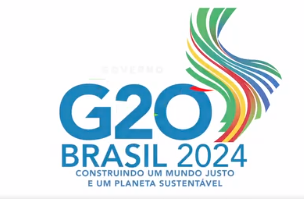
I remotely attended the first meeting organised by the C20 Brasil (Civil20 Brasil), one of the engagement groups of G20.
I noticed the excitement and optimism for using the G20 Brasil process as an opportunity to create everlasting change for civil society engagement in the country around pressing social and economic issues, hoping to connect different actors whose work is intertwined.
As datafication accelerates, and algorithmic or artificial intelligence systems are adopted across public and private sectors, governments need to adopt bold measures that can deliver effective governance of data and AI. Three critical aspects of this will be transparency, public participation, and redress. However, policy advocacy in these areas has been relatively underdeveloped. This design lab developed model committment drafts to inform future open government action.

In August, I also attended the 14th Privacy and Personal Data Protection Seminar, organised by the Brazilian Internet Steering Committee (CGI) and the Brazilian Network Information Centre (NIC.br) in São Paulo. In light of Brazil’s G20 presidency, the already well-established event gained even more importance this year.

On August 10th, I attended the first Think20 Brasil Mobilization Meeting (T20 Brasil), organised by the Institute of Applied Economic Research (Ipea) in partnership with the Alexandre de Gusmão Foundation (Funag) and the Brazilian Center for International Relations (Cebri). It was an effort to bring together representatives from think tanks, academic institutions, and civil society and share how the group will work during Brazil’s rotating presidency of the G20 in 2024.
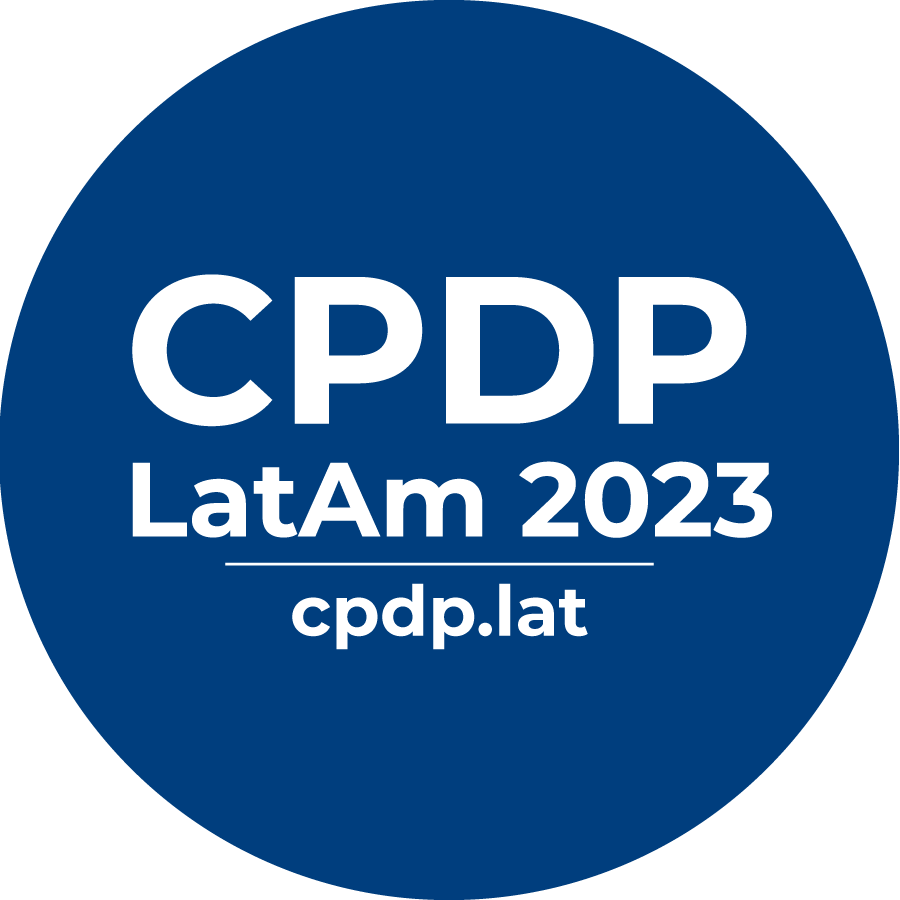
In July, we attended the Latin America edition of the most important conference in the field of data protection after being kindly offered a complimentary ticket by the organisers. It was an amazing opportunity to meet up with colleagues I had not seen since the pandemic and honour Danilo Doneda, who, on top of being the first to engage with data protection discussions in Brazil, was also my first boss in the field. And, as any good paulistana, make fun of cariocas’ accent.
On 4th June, CONNECTED BY DATA, in partnership with Aapti Institute, Research ICT Africa, Aapti Institute and The Datasphere Initiative convened a workshop to explore global policy agendas on collective data governance.
The session explored building shared language, mapping policy landscapes, developing policies for collective data governance, and prioritising local and global advocacy opportunities.
On Thursday 25th May 2023, CONNECTED BY DATA and Future Narratives Lab held a narrative design lab workshop, bringing together invited experts to start the co-creation of a strategy for shifting the inaccurate, damaging way data is currently framed & understood in media, policy and industry narratives.
The session followed a process of identifying problems, exploring promising solutions, and identifying opportunities for action. Discussions took place through three distinct tracks focussing on policy and politics, media, and industry.
Weeknotes
Weeknotes are a combination of updates and personal reflection written on a routine basis
